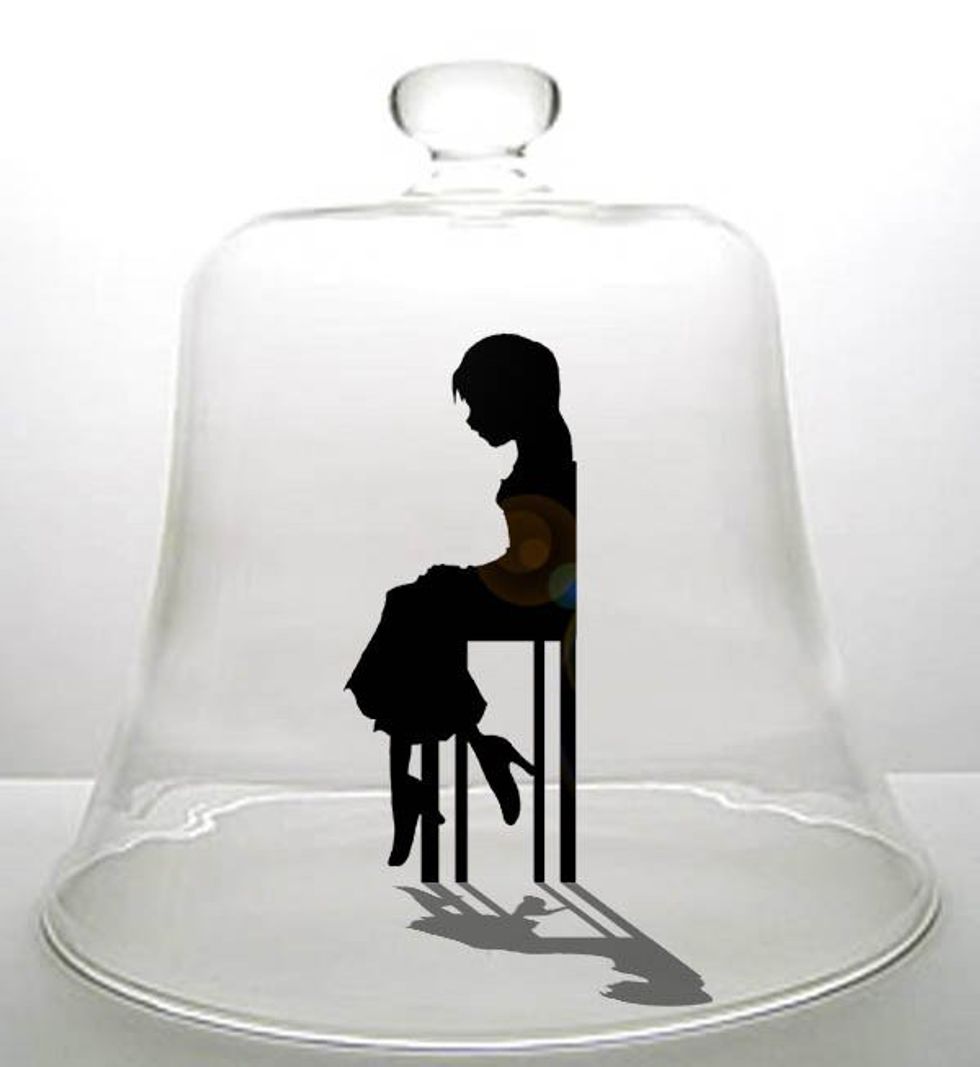This time about two years ago, I was contemplating applying to UChicago, but I was put off by the school’s reputation for snobbishness. Today, I am glad I didn’t.
In case you haven't heard, the University of Chicago thought that the best way to greet new students was to reassure them that it does not care about their feelings and needs. In a statement that I have heard way too many times in my short academic career, UChicago said it would not provide trigger warnings or safe spaces for students in order to preserve academic discourse and diversity of opinion. It’s college, boys and girls! Time to get over your feelings! Life’s not fair, get used to it!
Like almost every other person who moans about sensitive college students requiring trigger warnings, Dean Ellison doesn’t seem to understand what they are. Trigger warnings do not mean that sensitive topics or controversial opinions are automatically banned from campus and they have nothing to do with opinions at all. They are simply warnings that lectures, books or performances may contain sensitive content (such as sexual assault) that can trigger an episode of PTSD for someone who has gone through a traumatic experience. For those who have been fortunate enough to never have experienced one, a PTSD episode is not simply an overly sensitive person sighing, “I feel upset.” It actually can involve everything from hyperventilation to hallucinatory flashbacks - which are generally an unpleasant experience. Thus, trigger warnings are much like the warnings on candy bars that say, “may contain traces of peanuts,” - they inform people with peanut allergies about the risks of what they are about to consume, while the candy bar is still available for the rest of us to freely enjoy.
Much like trigger warnings, safe spaces are grossly misunderstood. They are not places where students can permanently retreat from reality, but temporary places of refuge from a campus environment that is often hostile to marginalized students. I come from a place of enormous privilege because my whiteness allows me to fit in with what “the typical Middlebury student” is supposed to be - at least on the surface. However, I am also a queer student, a first generation college student, and a first generation American - and I have never been more aware of those identities until I came to Middlebury. Without safe spaces like Queers & Allies and the First Generation Mentorship Program on campus, I am not sure that I would have made it through my brutal first year of college, and I know many others who feel the same way. If college campuses are against safe spaces, I have a special message for them: stop creating the need for one.
The ironic thing is that trigger warnings and safe spaces actually enhance the diversity of academic discussions instead of detracting from them. Making a policy of posting trigger warnings everywhere allows students with mental illness, especially PTSD, to participate in classes and extracurriculars freely while knowing what they are exposing themselves to. Safe spaces on campus make it more likely that students of color, queer students and other marginalized students speak up in class discussions because they know even if they are met with a hostile reaction, they have a support network nearby. I also find it ironic that a letter supposedly in support of free speech aims to discourage students from protesting speakers brought to campus they find morally reprehensible.
Perhaps there is some merit to the idea that there are too many trigger warnings and safe spaces on today’s college campuses, but I have almost never heard that argument coming from a place of genuine desire to have open academic conversations. Instead, the same people bemoaning safe spaces are creating environments on college campuses that make it possible only for a select few opinions to be heard. The bigger problem facing college campuses is the increased isolation of the campus from the rest of American society. Colleges are no longer places of radical thought - for that you have to go underground and online. Colleges are no longer places where students go full of idealism and ready to learn how they can make the world a more fair place; rather, they are something to be endured in the hopes of getting a better job. The college campus is a bell jar where the same opinions are floating around - bouncing off the walls reflected at different angles so they sound fresh and new. Higher education has become a way for the elite of America to strengthen their chokehold on the rest of society, so even the smallest whisper from students desiring more humane and inclusive environments threatens them. This is the real threat to the intellectual life of the United States, not students with mental illness that need trigger warnings.
Maybe the University of Chicago is not the biggest villain here. At least they had the decency to be upfront about how little they care about their students.





















